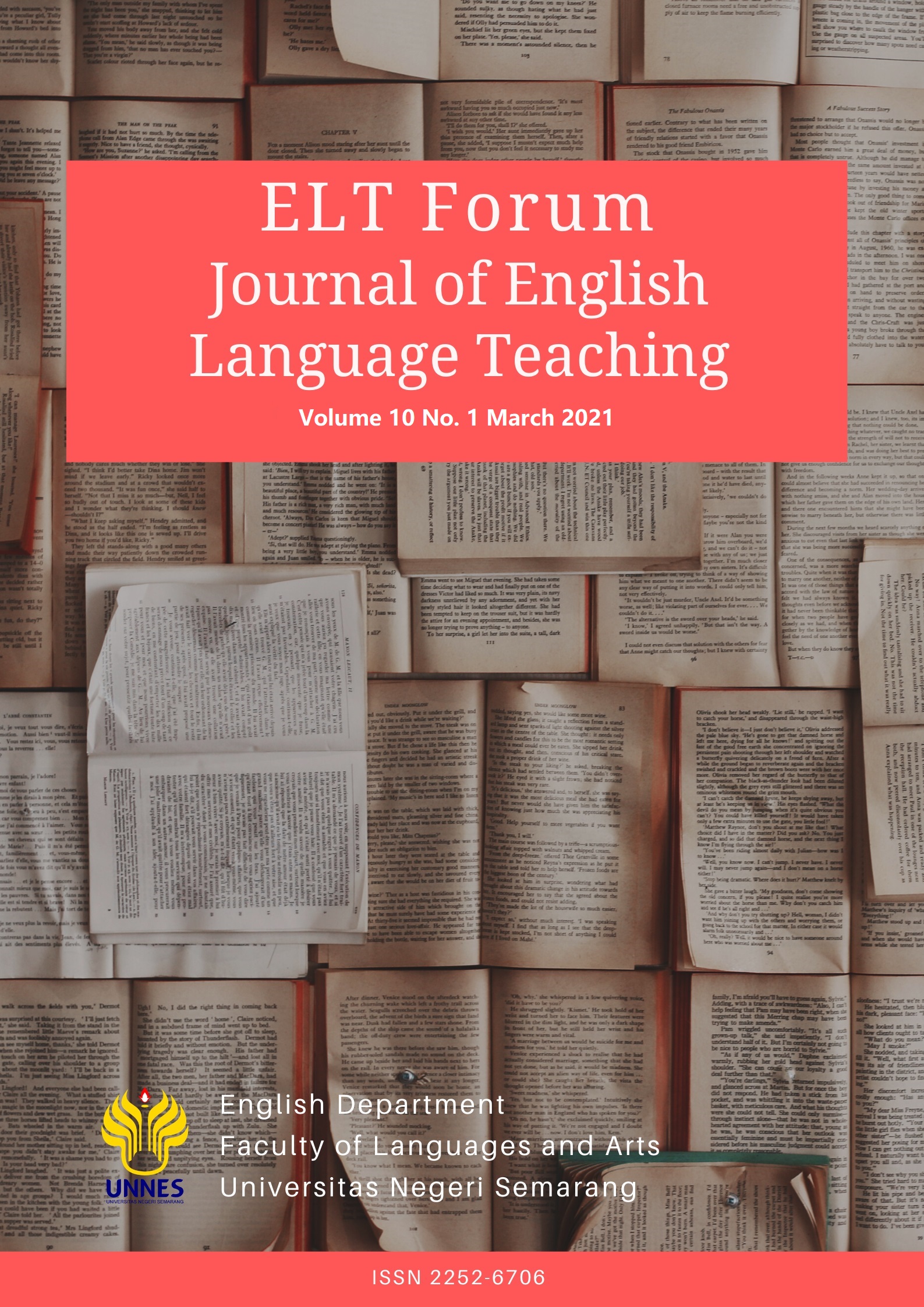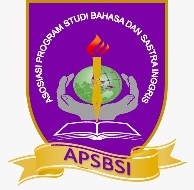Deforeignizing the English language: National identities making the world language
Abstract
This paper is a brief reflection on the spread of English around the world. Because of this, this language has changed. With so many people learning English, national identities have converged to change this language, making it the world language. Its objective is to advocate an epistemology of deforeignization of this language, based on the assumption that many people have recreated it naturally, in lexical, grammatical and phonological terms. ‘To deforeignize’ the English language, it is necessary to allow the recreation of this language, so that it can be adapted to the learners’ linguistic and cultural patterns. For this purpose, some data are shared. The relavance of this study lies is the possibility to shed light in a topic which still needs to be reflected, mainly because it can support the understanding of how the teaching and learning process of English should be conducted in front of its current status.



_.jpg)
_.jpg)




